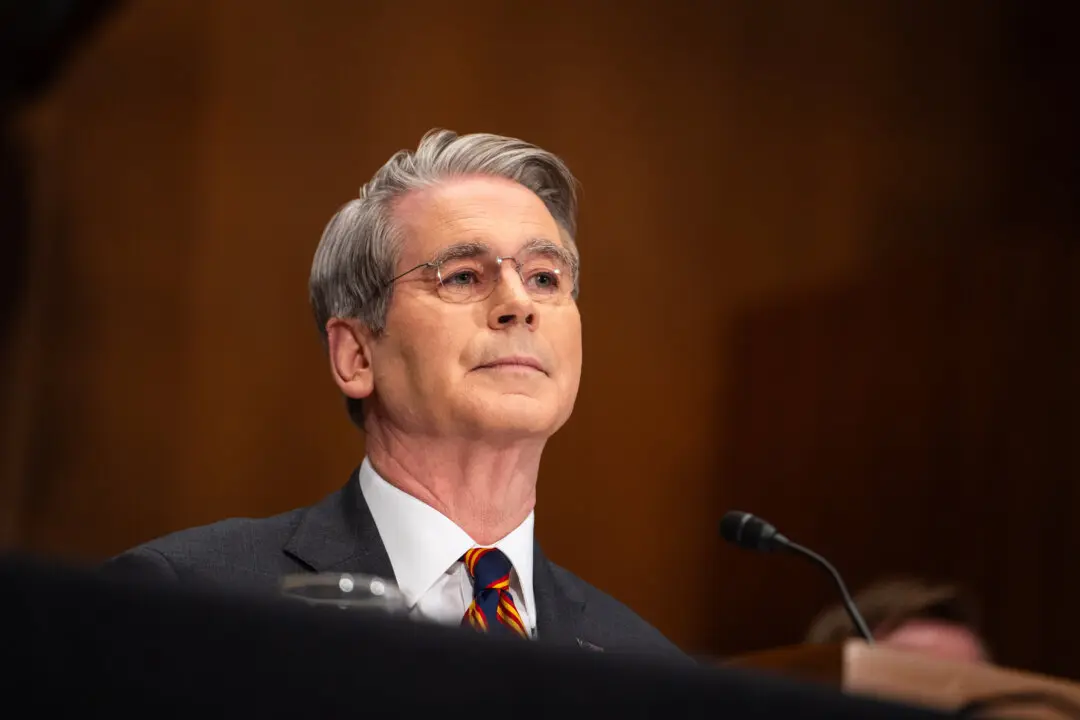France’s ambassador to the United States will return to Washington after a spat over a nuclear submarine deal with Australia, according to a joint statement released by the French government and the White House.
“The two leaders agreed that the situation would have benefitted from open consultations among allies on matters of strategic interest to France and our European partners. President [Joe] Biden conveyed his ongoing commitment in that regard,” read the joint statement released Wednesday.





